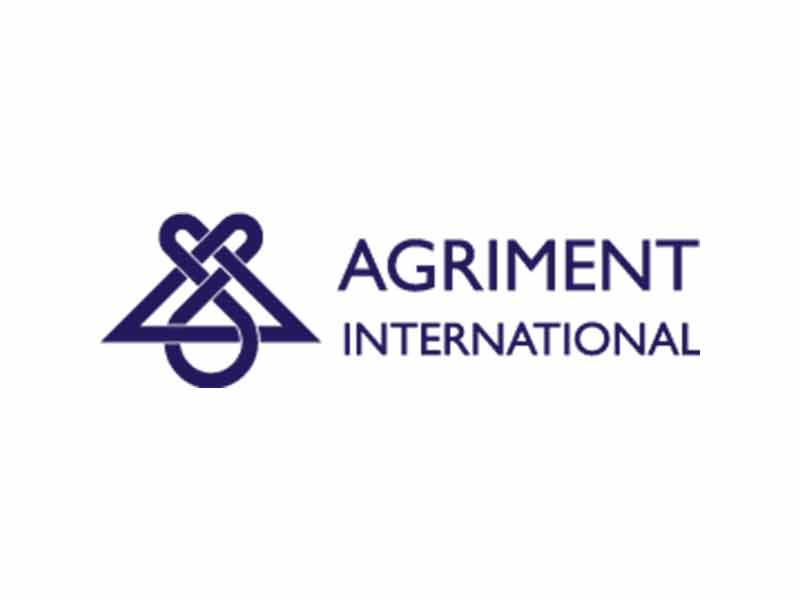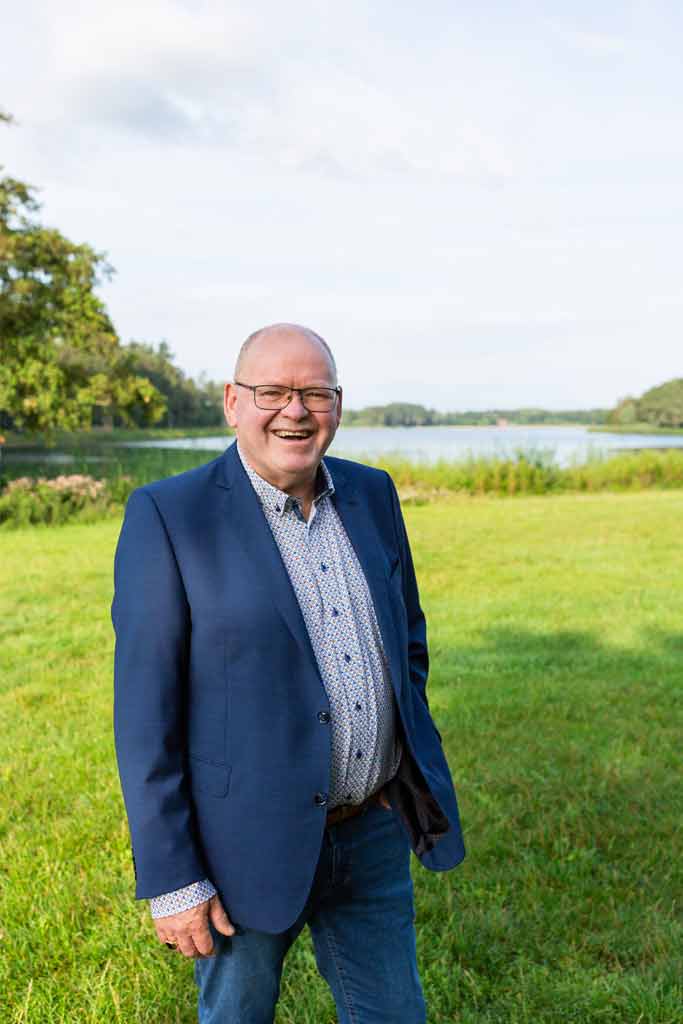
Agri- and food consultancy & financing
Agriment International
Agri- and food consultancy & financing
Agriment International was founded in the early 1990s. Its aim was twofold: to support Dutch agri-food companies with internationalisation, and to advance farming and food processing in developing countries, thus promoting local, political stability.
In the last 25 years many Dutch and overseas companies have been supported to help achieve their export and investment goals. Projects have been carried out in arable-, vegetable-, fruit-, dairy- and livestock farming and various associated sectors, from supply, primary production, storage and processing through to distribution and sales. These projects have contributed to an increase in production, quality and efficiency in food chains.
The initial focus was on countries in Central and Eastern Europe, but the late 1990s saw an increase in projects in Africa, the Middle East, South America and Southeast Asia.
In 2002, Jan van Laar took over Agriment International and there was a further shift. Focus now is on investment projects geared to export, local production and processing for the local market, and the import of raw materials for processing in the Netherlands – 300 to 400 projects to date. As well as strengthening the position of Dutch companies and supply chains in local markets overseas, it has brought knowledge and employment opportunities to those places and improved local working and living conditions. Between 5,000 and 10,000 people have profited as a result.
The projects are varied: export promotion of agricultural machines, potato processing in Argentina, peanut processing in Egypt, coconut oil extraction in Vietnam, tissue culture and banana cultivation in Tanzania, potato and onion production in Gambia, cheese-making, dairy farming and pig farming in Moldavia, poultry farming in Saudi Arabia.
Agriment helps companies draw up a solid business plan and obtain loans and subsidies from governments and banks. Essential considerations are the supply chain and corporate social responsibility (CSR). Good impact analysis is needed to attract finance; what effect does a plan have locally in terms of employment, training, the environment, working conditions and avoidance of child labour? Take the peanut processing plant in Egypt. Set up in 2015, it had a workforce of 70 by 2020 and expects to have 150 employees in three years time. Meanwhile, some 2000 suppliers, operating small farms in Egypt, Sudan, Ghana and Senegal, are being trained to grow organic produce to meet European standards.

